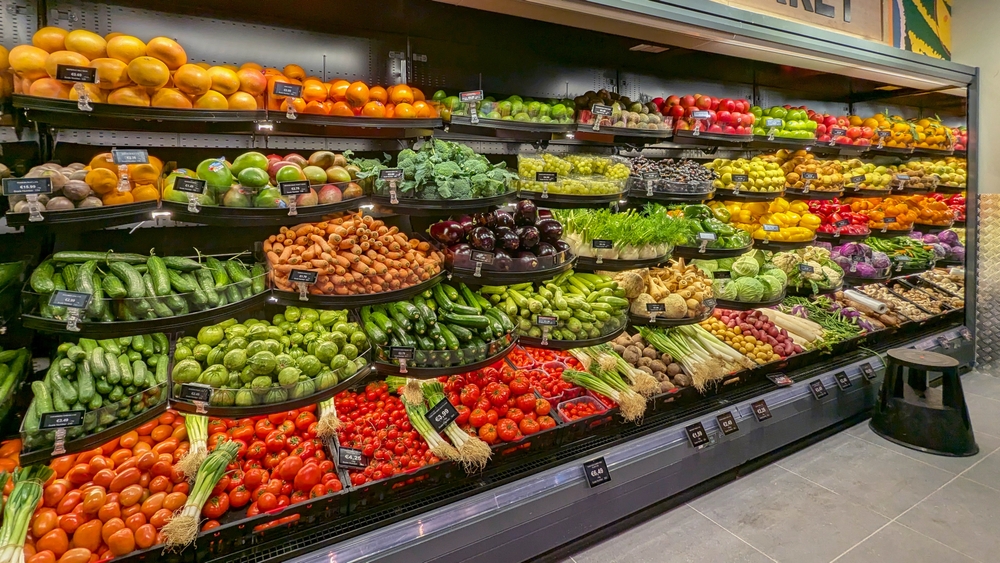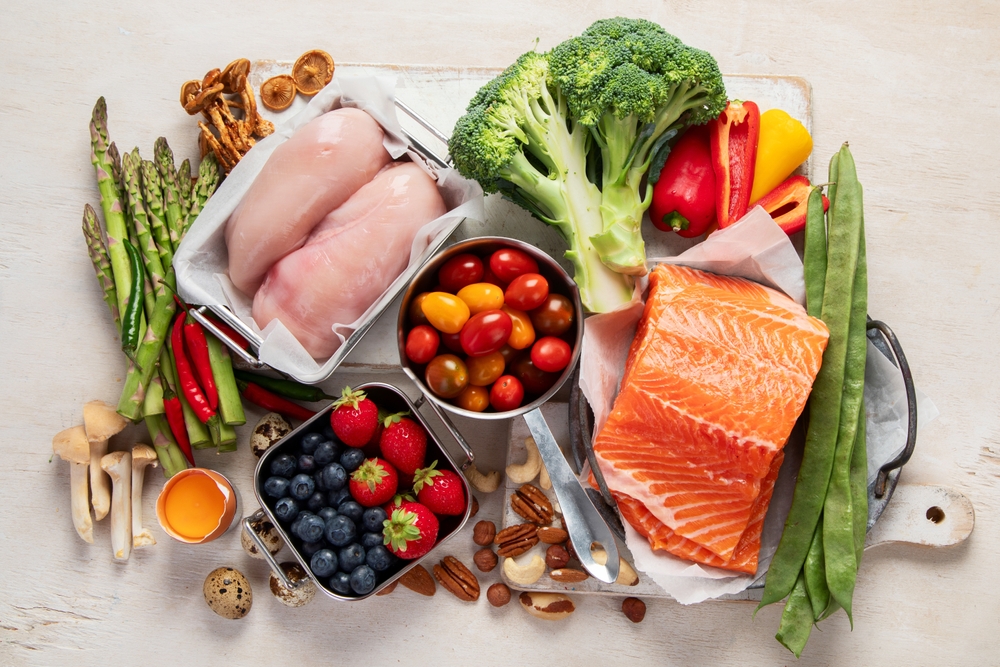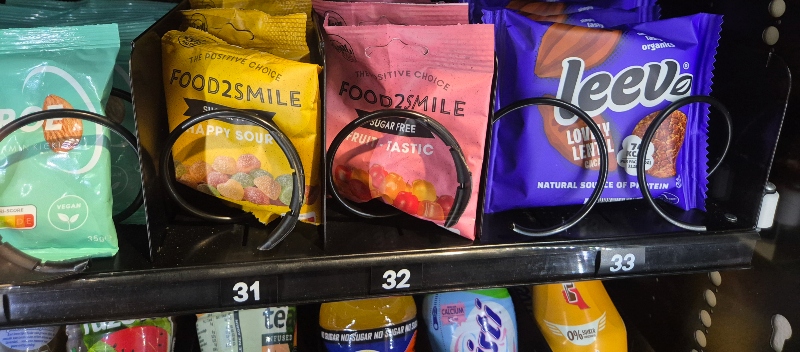Professor Vincenzo Fogliano (Food Quality and Design) advocates a different definition of healthy eating. ‘It should not be about the degree of processing but about the nutritional composition of our food. What we call healthy food has become a philosophical discussion.’
Professor Vincenzo Fogliano and several international colleagues recently wrote a commentary to the science journal The Lancet. According to the article to which he responds, the risk of cancer and cardiometabolic diseases increases when you consume more ultra-processed foods. Last week, another article appeared in the science journal BMJ, claiming roughly the same thing. He disagrees with this rationale and wants to start a philosophical discussion about the definition of healthy eating.
‘It is a persistent rumour that everything the industry makes is bad for us’, Fogliano sighs. ‘Industry does indeed make unhealthy products, but by no means all the products industry makes – and what is now labelled ultra-processed – are unhealthy. Therefore, we need to eliminate the term ultra-processed food.’
Nova classification
This problem stems from the Nova classification, Fogliano explains. This classification was designed several years ago and has since been used frequently in research to indicate whether food products are processed or unprocessed. ‘It’s too black and white. When you use this classification to study how food products affect our health, researchers almost always conclude that all ultra-processed products make people sick, and that’s not true.’
‘Take frozen vegetables, for example. Vegetables from the freezer are ultra-processed according to the Nova classification, but they are as good as fresh vegetables in terms of nutritional value. Processed food is not necessarily unhealthy, and that is how it is currently being framed. I would rather see us classify products based on their nutritional values, as is now done, for example, through the NutriScore’, says Fogliano.
Fast food
He brings up the article from The Lancet. ‘These researchers wrote that they had found a link between the consumption of ultra-processed foods and cancer and cardiometabolic diseases. Further analysis actually showed a negative association only for animal products and soft drinks. That’s hardly surprising and bypasses the fact that those products are ultra-processed.’
Fogliano believes we unnecessarily scapegoat the industry by looking at processed versus unprocessed. ‘Moreover, this frame does not encourage the industry to improve their products because they will always remain ultra-processed. In the end, the industry is just selling calories to consumers. The healthy alternatives are there, but demand drives the supply. It is our consumer behaviour that determines what is in the supermarket and what makes us fat or sick.’
NutriScore
As far as Fogliano is concerned, the NutriScore is a good development. ‘It helps consumers make healthier choices and encourages the industry to improve its products.’

 ‘Processed food is not necessarily unhealthy and that is how it is currently being framed.’ Photo Pixabay
‘Processed food is not necessarily unhealthy and that is how it is currently being framed.’ Photo Pixabay 

